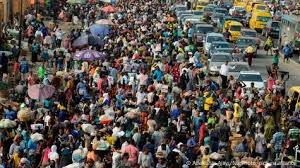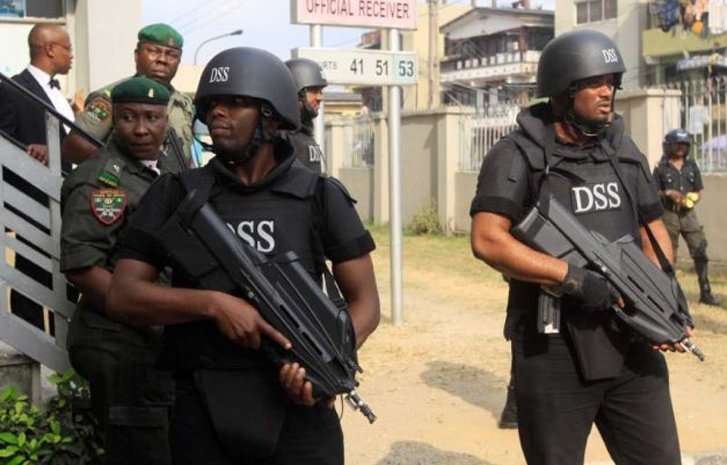
ABUJA, Nigeria- Fresh data suggest that President Bola Tinubu’s economic reforms have pushed an additional nine million Nigerians into poverty within just two years of his administration, widening the nation’s hardship index.
According to the World Bank’s October 2025 report, about 139 million Nigerians now live below the poverty line — up from 130 million recorded in the 2022 Multidimensional Poverty Index (MPI) by the National Bureau of Statistics (NBS).
Economists attribute the surge to Tinubu’s removal of fuel subsidy, naira devaluation, and high inflation, which have severely eroded household purchasing power.
“The cost-of-living crisis has intensified since mid-2023,” said a development economist, Dr. Chris Achi. “Fuel subsidy removal raised transportation and food costs, while currency devaluation inflated import prices, hitting the poor hardest.”
The World Bank noted that inflation — now exceeding 33% — continues to shrink real incomes, pushing vulnerable households deeper into deprivation.
Data show that rural communities, women, and children remain the worst affected, while urban unemployment and declining access to basic services have worsened inequality.
Despite government claims of reforms aimed at long-term recovery, analysts warn that short-term suffering could derail economic stability unless urgent social protection and fiscal relief measures are implemented.
“Without targeted intervention,” Dr. Achi added, “poverty could rise beyond 150 million by 2026.”
Tinubu Throws 9 million More Nigerians into Poverty




